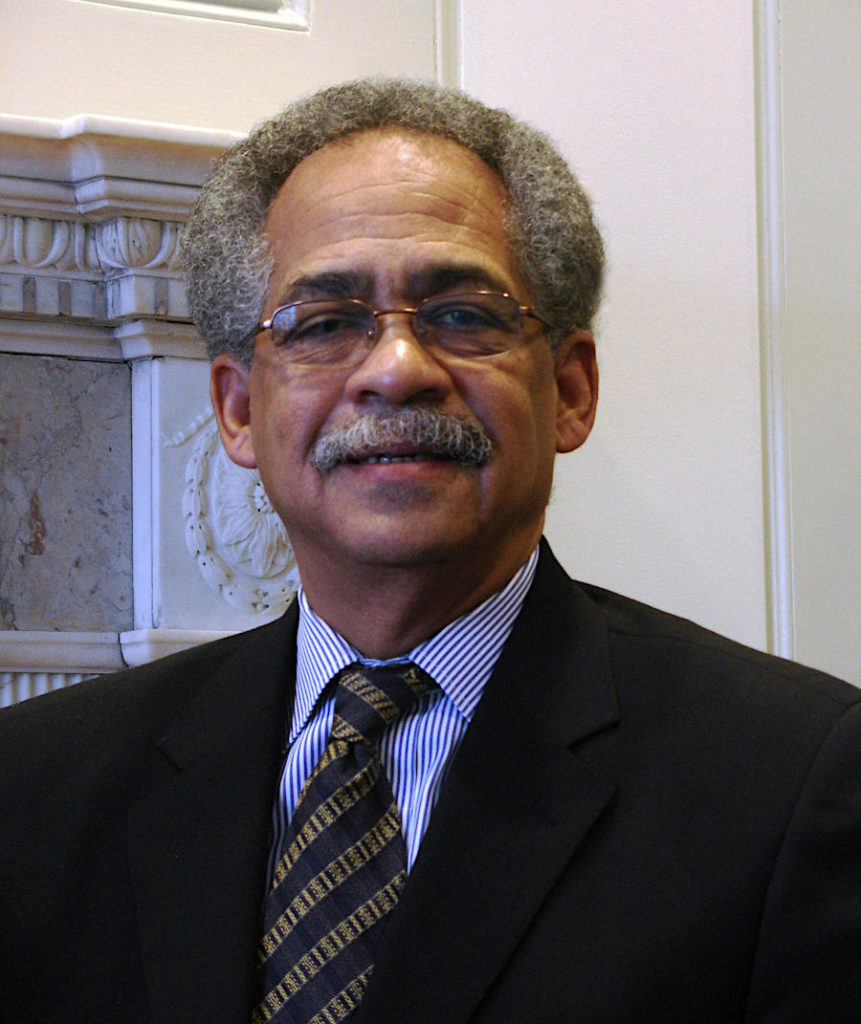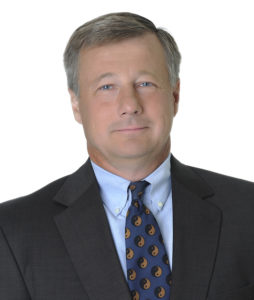Populism on the Rise: What Does This Mean for Minority Communities in Germany and Europe?
Presented by Stefan Schlüter
Monday, October 22, 2018
11:45 am to noon – Check in
Noon – 1:30 pm – Lunch and Presentation
Schiff Conference Center, Cintas Center at Xavier University
 Stefan Schlüter will speaking on Jewish life in Germany, Germany’s coming to terms with its past, German-Israeli relations, rising anti-Semitism and populism in Europe. In addition, the meetings will provide opportunities to discuss these and a wider range of topics, such as transatlantic relations, migration issues and refugee policy, developments in the EU, Brexit, and the Middle East conflict.
Stefan Schlüter will speaking on Jewish life in Germany, Germany’s coming to terms with its past, German-Israeli relations, rising anti-Semitism and populism in Europe. In addition, the meetings will provide opportunities to discuss these and a wider range of topics, such as transatlantic relations, migration issues and refugee policy, developments in the EU, Brexit, and the Middle East conflict.
Mr. Schlüter has been engaged with the Jewish community for many years and strongly believes German diplomats have an obligation to reach out to Jewish communities due to the legacy of the Holocaust. After studying political science at the University of Hamburg, Mr. Schlüter went to Israel as a 23-year-old in 1975 and lived on Kibbutz Ramat Rachel near Jerusalem.
He joined the German Foreign Office in 1979, and was sent to Buenos Aires, where he met his wife, and then Algiers before moving to Tel Aviv as spokesman for the German Embassy. While in Tel Aviv from 1986 to 1990, his daughter was born. During diplomatic postings in Los Angeles (where is his son attended a synagogue preschool), New York as Deputy Consul General, and San Francisco as Consul General, Mr. Schlüter engaged in dialogue with Jewish organizations and at synagogues about Germany’s relationship with the Jewish people and organized several trips to Germany for rabbis. In the summer of 2017, he left the German Foreign Service and currently serves as a Program Director at the Foreign Officer’s Diplomatic Academy in Berlin.
Event sponsored by:



 There are more than 45 million victims of modern slavery today, working across agricultural, electronics, garment and other industries. Greater collaboration between businesses, government and communities is leading to change in Asia, though the threat of divestment campaigns, consumer boycotts, lawsuits, and associated reputational risks remain. What are the structural and political forces driving these abuses, and what more can business leaders, lawyers, and consumers do to put them to an end?
There are more than 45 million victims of modern slavery today, working across agricultural, electronics, garment and other industries. Greater collaboration between businesses, government and communities is leading to change in Asia, though the threat of divestment campaigns, consumer boycotts, lawsuits, and associated reputational risks remain. What are the structural and political forces driving these abuses, and what more can business leaders, lawyers, and consumers do to put them to an end? Kenton Keith retired from government service in 1997 after four years as a naval officer and thirty-two in the U.S. Information Agency and Department of State. His final years at USIA included assignments in Brazil, Paris, and Cairo in public affairs and cultural affairs in deputy and senior positions. In Washington, he served as both Deputy Area Director and Area Director for USIA’s (NEA) North Africa, Near Eastern and South Asian Affairs. Keith led the USIA planning team for the amalgamation of foreign affairs agencies. He was confirmed as Chief of Mission Doha, Qatar in 1992. For five years he served as a team leader in the Department’s Office of the Inspector General, before being named US Ambassador to Qatar in l992 for three years.
Kenton Keith retired from government service in 1997 after four years as a naval officer and thirty-two in the U.S. Information Agency and Department of State. His final years at USIA included assignments in Brazil, Paris, and Cairo in public affairs and cultural affairs in deputy and senior positions. In Washington, he served as both Deputy Area Director and Area Director for USIA’s (NEA) North Africa, Near Eastern and South Asian Affairs. Keith led the USIA planning team for the amalgamation of foreign affairs agencies. He was confirmed as Chief of Mission Doha, Qatar in 1992. For five years he served as a team leader in the Department’s Office of the Inspector General, before being named US Ambassador to Qatar in l992 for three years.

 Former Assistant Attorney General, Mr. Tom Wheeler is a member of Frost Brown Todd and oversaw the Civil Rights Division during the transition from the Obama administration to the Trump Administration. During that time, he made hate crimes a priority and oversaw some of the Nation’s most difficult legal matters. These included criminal matters like the investigation and prosecution of Michael Kadar in the JCC bomb threats case, the prosecution of Adam Purinton for the Kansas City shooting of two Indian men whom he believed to be Muslim, and the death penalty phase of the Dylan Roof Charleston church shooting case that left nine African-American parishioners dead.
Former Assistant Attorney General, Mr. Tom Wheeler is a member of Frost Brown Todd and oversaw the Civil Rights Division during the transition from the Obama administration to the Trump Administration. During that time, he made hate crimes a priority and oversaw some of the Nation’s most difficult legal matters. These included criminal matters like the investigation and prosecution of Michael Kadar in the JCC bomb threats case, the prosecution of Adam Purinton for the Kansas City shooting of two Indian men whom he believed to be Muslim, and the death penalty phase of the Dylan Roof Charleston church shooting case that left nine African-American parishioners dead.